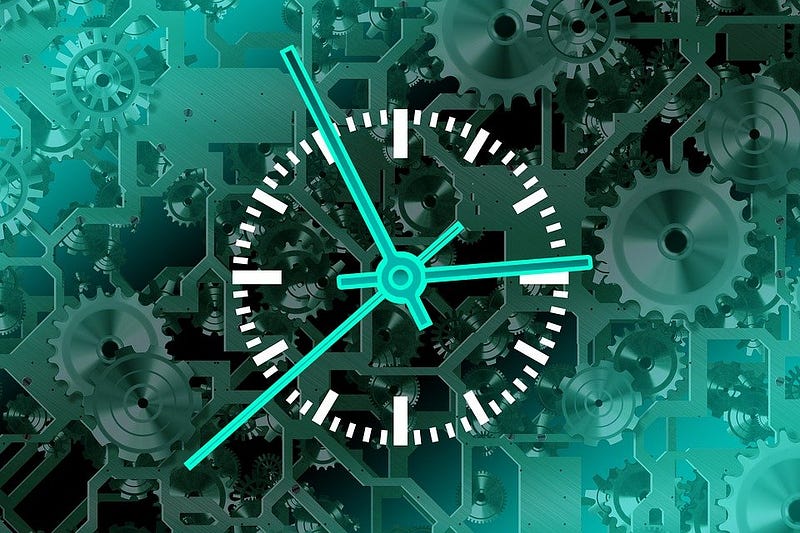# Unveiling the Secrets of Aging: Blood Proteins and Biological Clocks
Written on
Chapter 1: The Aging Process
As we age, even those in good health begin to notice a gradual decline in various bodily functions and capabilities. Despite our best efforts, the relentless passage of time affects us all. Joint discomfort, daily aches, and irregular health markers during routine blood tests become more common as our bodies signal that enough is enough.
Aging is a comprehensive process affecting every aspect of our bodies, driven by multiple factors. Understanding this complexity requires extensive data collection to uncover the intricate mechanisms at play. Machine learning and data mining are particularly adept at tackling such challenges. Previously, we explored how machine learning could be harnessed in aging research, focusing on identifying biomarkers—distinct indicators that might reveal both our chronological age and potential longevity.
A recent study involving mice demonstrated the use of machine learning to create two distinct "aging clocks," one of which effectively predicted chronological age, while the other assessed lifespan and the impact of potential interventions aimed at extending life. However, it is essential to recognize that findings in mice do not directly translate to humans.
Section 1.1: The Role of Human Proteins
Research has shown that levels of blood proteins vary significantly with age. Notably, shifts in the proteome—the complete set of proteins—during the fourth, seventh, and eighth decades of life indicate specific biological pathways and reveal connections to age-related diseases and phenotypic traits.

Section 1.2: Advancements in Aging Research
A groundbreaking study has taken this research a step further. By examining blood plasma proteins from over 4,200 individuals, researchers evaluated 529 proteins known to fluctuate with age. They discovered that at least 64 of these proteins can influence lifespan in animal models, with nine shown to significantly extend lifespan when adjusted.
The scientists then employed machine learning techniques on a dataset comprising over 3,300 individuals to identify protein combinations that correlate strongly with aging, leading to the identification of at least twelve aging clocks. The most robust clock utilized information from 491 protein levels and demonstrated a strong correlation with age, with a median error margin of about two years—impressive accuracy indeed.
Two noteworthy observations emerged from this research:
- Individuals who are physically active appear to be biologically younger according to these aging clocks. While we cannot halt aging, regular physical activity may help mitigate its effects.
- Many of the most predictive proteins are involved in immune system functions and signaling pathways.
Chapter 2: The Importance of Aging Clocks
But what is the significance of these aging clocks? While they provide insights into our biological age, they do not predict our exact time of death. As the authors of the study state:
"In light of the impracticality of conducting lifespan studies on humans, aging clocks hold promise for accelerating clinical trials aimed at anti-aging interventions."
The ultimate goal is to enhance our healthspan, emphasizing the quality of life rather than merely extending lifespan. This distinction is crucial; living longer does not necessarily equate to living better. However, it is plausible that a healthier lifestyle may contribute to a longer life overall.
We are already aware of strategies to improve our health as we age: maintaining a nutritious diet, engaging in regular physical activity, and, of course, the genetic lottery. However, even with advancements in health and lifespan extension, we must address the ethical implications of overpopulation, resource allocation, and access to life-extending technologies.
In the video titled "Aging clocks - how to measure biological age," experts delve into the intricacies of biological aging and the potential for monitoring our health through innovative measures.
The second video, "Biomarkers of aging and epigenetic clocks | Peter Attia, M.D. & Matt Kaeberlein, Ph.D.," features discussions on the latest findings in aging research and the implications for human health.
Tick tock...